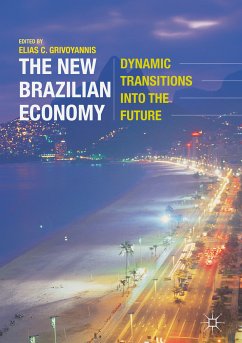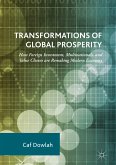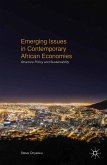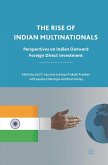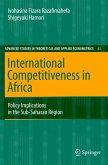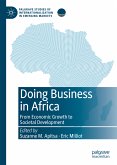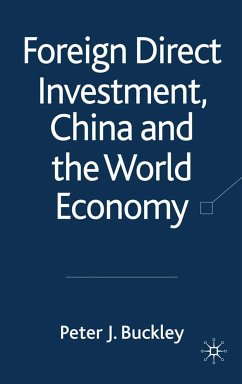This edited collection provides a thorough historical, statistical, and institutional description of the current Brazilian economy and the previous economic structure from which it is emerging. The contributions explore the institutional economic and cultural forces shaping the current development of the Brazilian economy and discuss how they will influence future progress. Together, the chapters form a picture of the international implications of Brazil's emergence as a major world economic power. Topics covered include the growth and shrinkage of industry, the consumption boom and the financial crisis, sustainable financial growth and public debt management, the evolution of antitrust policy and the privatization of state-owned firms, and more. Academics and researchers of BRICS countries and Latin American and Caribbean studies will find these contributions a valuable addition to their research.
Dieser Download kann aus rechtlichen Gründen nur mit Rechnungsadresse in A, B, BG, CY, CZ, D, DK, EW, E, FIN, F, GR, HR, H, IRL, I, LT, L, LR, M, NL, PL, P, R, S, SLO, SK ausgeliefert werden.

